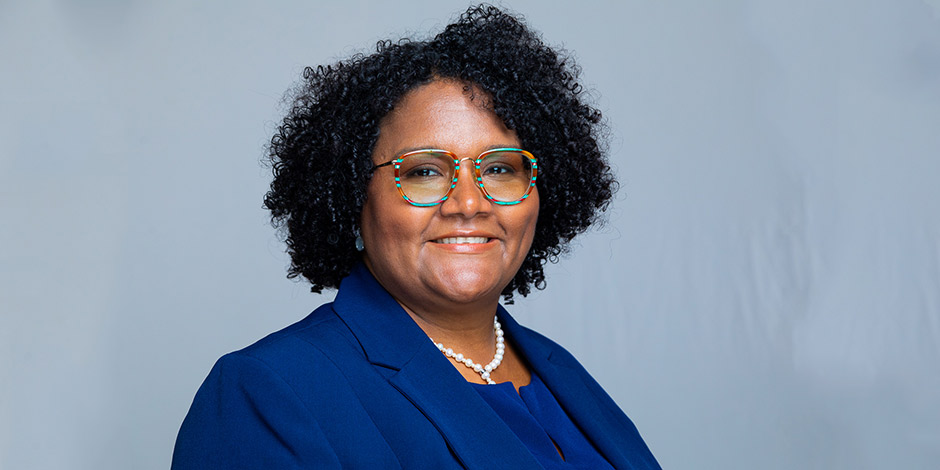Michelle Soto, MD, MBA

Michelle Soto, MD, MBA
Chief of Ambulatory Care
NYC Health + Hospitals/Coney Island
Dedicated to Care for Underserved Communities
Dr. Michelle Soto is proud to say her world has been shaped by NYC Health + Hospitals. She rotated at Kings County as a medical student, served her residency at Jacobi and worked early in her career at Woodhull and Gotham Health, Morrisania. Now, as the Chief of Ambulatory Care at NYC Health + Hospitals/Coney Island, she is a leader and mentor who is credited with raising the quality of care provided to the hospital’s most vulnerable patients and playing a key role in managing its COVID response.
Dr. Soto says she loves working in the city’s public health system and draws motivation from her colleagues and what they represent. “When I look around me, I am surrounded by people of different nationalities, different religions and different cultures, all sharing a common goal. They care for their patients and also for each other.”
Dr. Soto herself is Afro-Latina, born in Brooklyn of Puerto Rican heritage. When she was 9 and living with her mother in Puerto Rico, she was told that her father, whom she hadn’t seen since she was 2, was ill in Brooklyn with a new disease called AIDS. She and her mother moved to Brooklyn in time to see her father before he died. It was also an introduction to medicine, and over the next few years, her own experiences with health care put her on the path to her career.
“We did not have access to routine medical care and often had to use the overcrowded emergency room,” she said, adding, “I did not see doctors who represented me or my community.”
Dr. Soto went on to graduate from CUNY’s Sophie Davis School of Biomedical Education (now the CUNY School of Medicine), whose mission is to diversify medicine and turn out doctors who will improve primary care in underserved and marginalized communities. She completed her medical education at SUNY Downstate, and for the past 17 years, she has provided bilingual and bicultural primary care to underserved populations, including those with behavioral health and substance-use disorders.
“As a doctor, I meet diverse patients at their most vulnerable stages,” she says. “Respect is at the core of bridging cultural, linguistic and social differences and achieving the trust that is at the heart of the doctor-patient relationship.”